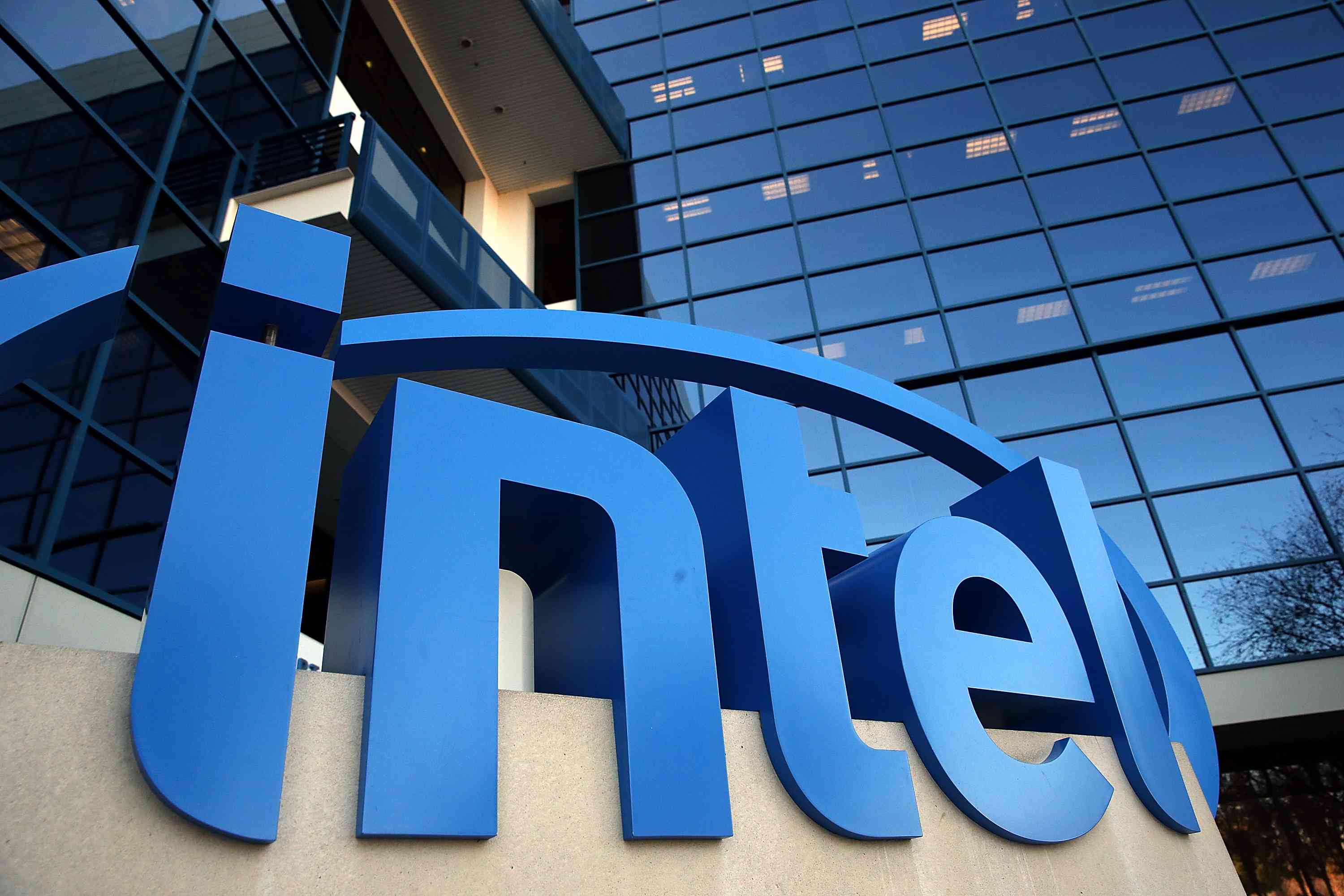
Key Takeaways
- Intel said that it has revised its current-quarter revenue guidance after some of its export licenses aimed at sending its chips to a Chinese company were revoked by the U.S. Department of Commerce.
- Intel didn’t name the Chinese firm, but the Financial Times reported that the U.S. company, and also Qualcomm, were told to immediately stop sales to Chinese telecom giant Huawei.
- The revoked licenses mark the latest tit-for-tat with China and come after Huawei developed an advanced smartphone.
- Intel shares were dow nearly 3% in early-afternoon trading and were the biggest decliner among Dow Jones Industrial Average stocks.
Intel ( INTC ) said Wednesday that it has revised its revenue guidance after the U.S. Department of Commerce revoked certain licenses for exports of certain items to a Chinese company.
In a filing, the chip giant said it had receiving a notification from federal regulators that they were “revoking certain licenses for exports of consumer-related items to a customer in China, effective immediately.”
Intel said Wednesday that because of the directive from the Commerce Department, it anticipates current quarter revenue would be below the midpoint of the original range of $12.5 billion to $13.5 billion. It added that it continues to see full-year revenue and earnings to be higher than in 2023.
Intel shares were down 2.9% at $29.79 in early-afternoon trading and were the biggest decliner among members of the Dow Jones Industrial Average.
Export Licenses to Huawei Reportedly Revoked
Intel didn’t disclose who the Chinese company was, but the Financial Times reported Wednesday that the Biden administration had revoked export licenses that allowed both the U.S. firm and domestic rival Qualcomm ( QCOM ) to supply chips to Chinese telecom-equipment maker Huawei.
The Financial Times reported that the move by the US Department of Commerce affects the supply of chips for Huawei’s laptop computers and mobile phones. The move comes amid U.S. alarm at Huawei’s ability to develop advanced chips, as shown in the Mate 60 Pro smartphone released in August, despite sweeping export controls introduced in 2022.
The revoked licenses are the the latest tit-for-tat between Washington and Beijing over the sale of advanced semiconductors to China by U.S. firms. The Biden Administration has been putting limits on the sale of such chips, citing national security concerns, while last month, China reportedly told its telecom companies to phase out the use of foreign semiconductors .

